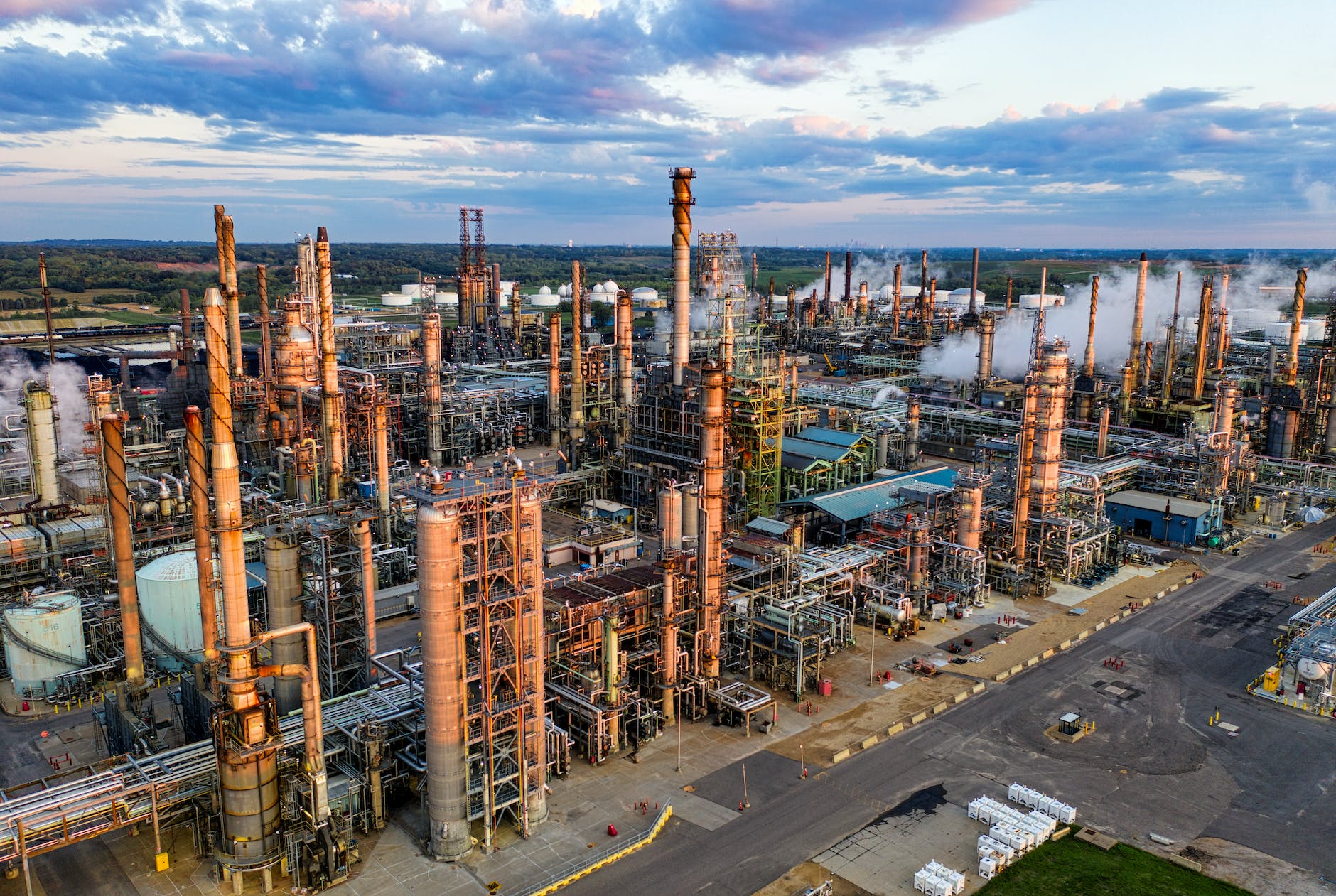
Basic Safety Knowledge of Petrochemical Industry
Basic Safety Knowledge of Petrochemical Industry : In today’s fast-paced world, the petrochemical industry plays a crucial role in providing us with various products, from plastics to fuels. While it contributes significantly to our daily lives, it also comes with inherent risks and hazards. Therefore, it’s essential to have a solid understanding of basic safety knowledge in the petrochemical industry to ensure the well-being of workers, communities, and the environment. In this article, we will explore the fundamentals of petrochemical industry safety.
1. Introduction
The petrochemical industry is a cornerstone of modern life, producing the materials that drive our economy. However, it is not without its dangers. Safety should always be a top priority, whether you’re working directly with petrochemicals or living in proximity to petrochemical facilities.
2. Understanding Petrochemicals
Before delving into safety measures, it’s crucial to understand what petrochemicals are. These are chemicals derived from petroleum and natural gas, and they serve as the building blocks for various products. Common petrochemicals include ethylene, propylene, benzene, and many more.
3. Safety Culture in the Petrochemical Industry
A strong safety culture is the foundation of a safe petrochemical workplace. It involves fostering a mindset where safety is everyone’s responsibility, from the top executives to the front-line workers.
4. Hazard Identification and Risk Assessment
Identifying potential hazards and assessing associated risks are critical steps in ensuring safety. This includes evaluating the properties of chemicals, equipment integrity, and process design.
5. Personal Protective Equipment (PPE)
PPE is a vital component of petrochemical safety. Workers should be equipped with the right gear, including gloves, goggles, and flame-resistant clothing, to protect themselves from chemical exposure and other risks.
6. Safe Handling of Chemicals
Proper handling of petrochemicals is essential. This includes understanding the properties of the chemicals being worked with, following safety data sheets (SDS), and implementing safe storage and transportation practices.
7. Emergency Response and Evacuation
In the event of an emergency, having a well-defined response plan and evacuation procedures can save lives. Training and drills should be conducted regularly to ensure everyone knows what to do in case of a crisis.
8. Fire Safety Measures
Given the flammable nature of many petrochemicals, fire safety is paramount. This includes fire prevention, the availability of fire extinguishing equipment, and fire suppression systems.
9. Process Safety Management
Process safety management involves systematically managing the risks associated with processes that use or produce highly hazardous chemicals. This includes monitoring and maintaining equipment, conducting safety reviews, and implementing safety improvements.
10. Environmental Concerns
Beyond human safety, the petrochemical industry must also address environmental concerns. Proper waste disposal, emissions control, and sustainable practices are crucial for minimizing environmental impact.
11. Regulatory Compliance
The petrochemical industry is heavily regulated to ensure safety and environmental protection. Compliance with local, state, and federal regulations is non-negotiable.
12. Training and Education
Continuous training and education are essential to keep workers informed about the latest safety procedures and technologies. Regular training sessions can prevent accidents and incidents.
13. Safety Audits and Inspections
Regular safety audits and inspections help identify potential issues before they become emergencies. These should be conducted by both internal and external experts.
14. Continuous Improvement
Safety is an ongoing process. Regularly reviewing and improving safety procedures and protocols is essential for maintaining a high level of safety.
15. Conclusion
Safety in the petrochemical industry is not a choice; it’s a necessity. By adhering to a robust safety culture, identifying hazards, and following best practices, we can ensure that the petrochemical industry continues to provide us with essential products while minimizing risks.
Basic Safety Knowledge of Power Plant
Basic Safety Knowledge of Oil and Gas
Basic Safety Knowledge of Construction
Safety Officer Interview Questions: Basic Safety Knowledge
How To Succeed in your new HSE Job!
FAQs
1. What is the petrochemical industry?
The petrochemical industry produces chemicals derived from petroleum and natural gas, used as the building blocks for various products.
2. Why is safety important in the petrochemical industry?
Safety is crucial in the petrochemical industry to protect workers, communities, and the environment from potential hazards and risks.
3. What is a safety culture?
A safety culture is a workplace mindset where safety is everyone’s responsibility, from top executives to front-line workers.
4. How can I stay safe while working with petrochemicals?
Staying safe involves using proper personal protective equipment, following safety guidelines, and participating in regular training.
5. What should I do in case of a petrochemical emergency?
In the event of an emergency, follow the established response plan and evacuation procedures to ensure your safety and the safety of others.
In conclusion, the petrochemical industry is a vital part of our modern world, but it comes with inherent risks. By prioritizing safety through a strong safety culture, hazard identification, and proper safety measures, we can ensure the well-being of all those involved and the sustainability of this essential industry.